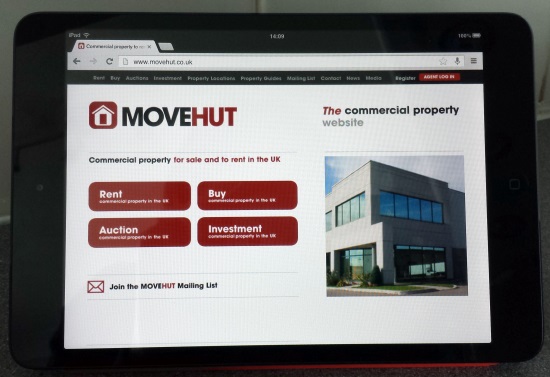Supermarket giant Tesco has largely dominated the retail industry for a number of years, with its range of groceries, clothing and electronics earning it the top spot in the UK’s supermarket rivalry. Now, it has revealed that it will unveil a new device on the 23rd September – an announcement which has created something of a buzz in the electronics sector.

The new device is expected to be a low-priced tablet computer, bringing the supermarket in line with competitors such as Amazon, Apple and Google. Experts predict that the tablet will have a 7 inch screen and may cost as little as £99 making the device one of the least expensive tablets on the market.
Indeed, many consumers often find price to be a huge consideration when purchasing a tablet computer, with rival firms tending to price their devices well above £100. The main competitor for Tesco’s model will be the Amazon Kindle Fire, which can store 8GB of information and costs £99.
However, as most experts predict Tesco’s tablet will run Google’s Android operating system and have a storage capacity of 16GB, it seems that the supermarket has identified a low cost gap in the market: something it will presumably take full advantage of come the launch.
CSS Insight mobile analyst Ben Wood believes that Tesco is well-placed to take advantage of the highly competitive tablet market thanks to a number of existing online avenues of business.
He says; “I can see Tesco using substantial discounts on other services such as bundled media from [online subsidiary business] Blinkbox, or vouchers for discounts on petrol or groceries through its ClubCard loyalty scheme.
“The tablet market is unbelievably competitive with extremely narrow margins, but that’s something Tesco is used to.”
In recent years, the tablet market has become a key area for electronics retailers thanks to the immense popularity triggered by Apple’s iPad. According to CSS Insight, 8.3 million tablets were sold in the UK in 2012 with sales especially high in the lead up to Christmas.
This trend continued into the first half of 2013, with 6 million consumers purchasing tablets between January 1st and June 30th. However, this could be due to the launch of two highly anticipated products during the period – Apple’s iPad mini and Google’s Nexus 7.
The news has come as something of a surprise to industry experts as Tesco chief executive Philip Clarke recently spoke of a desire to scale back sales of high-end electronic products such as flat screen TVs due to a lack of consumer interest. However, by launching an own brand item which is presently in high demand in the UK, Tesco may manage to shake up the electronics market in the run up to Christmas shopping season.
Would you buy a low-cost tablet from Tesco, or do you think more established brands will keep their edge in comparison?
Previous Post
The Transformation of Islington’s High Street